“What do culture, energy and bread (from a bakery) have in common? They’re all best when enjoyed together.”
Who are you — and what’s happening at your lab?
Die Bäckerei – Kulturbackstube is a non-profit cultural association founded in 2010 in Innsbruck. Since then, it has become one of western Austria’s most important cultural venues, hosting over 200 events annually for around 25,000 visitors. Formats such as open mics, poetry slams, and comedy nights are central to its community-focused approach. Die Bäckerei also offers space for initiatives, associations, and start-ups, with 13 organisations and more than 50 coworkers currently involved. With its “transformation culture” platform, the team works directly on socio-ecological change through long-term projects, capacity building, and community engagement.
What kind of local story are you part of?
Austria is experiencing strong growth in energy communities following the 2021 Renewable Expansion Act. Tyrol’s TIROL 2050 energieautonom strategy seeks complete independence from fossil fuels by 2050, with a focus on halving energy use and expanding renewables such as hydro, solar, biomass, and environmental heat. In Innsbruck, the municipal utility IKB plays a key role by offering the infrastructure and services needed to support new energy communities. Die Bäckerei is well-positioned within this context, located near a school, shopping centre, and multi-tenant housing — all potential collaborators in a local energy model.
What do you hope to achieve through Co-PED?
Our aim is to create a local Renewable Energy Community (REC) around Die Bäckerei with Gemeinwohlenergie, the local school, shopping centre, and nearby residents. We will also develop a cultural platform that uses our venue, network, and visibility to host debates, events, and creative formats focused on energy transition. Finally, we want to inspire others to form their own communities by sharing our experiences in partnership with the City of Innsbruck — positioning Die Bäckerei as a lighthouse project in Austria.
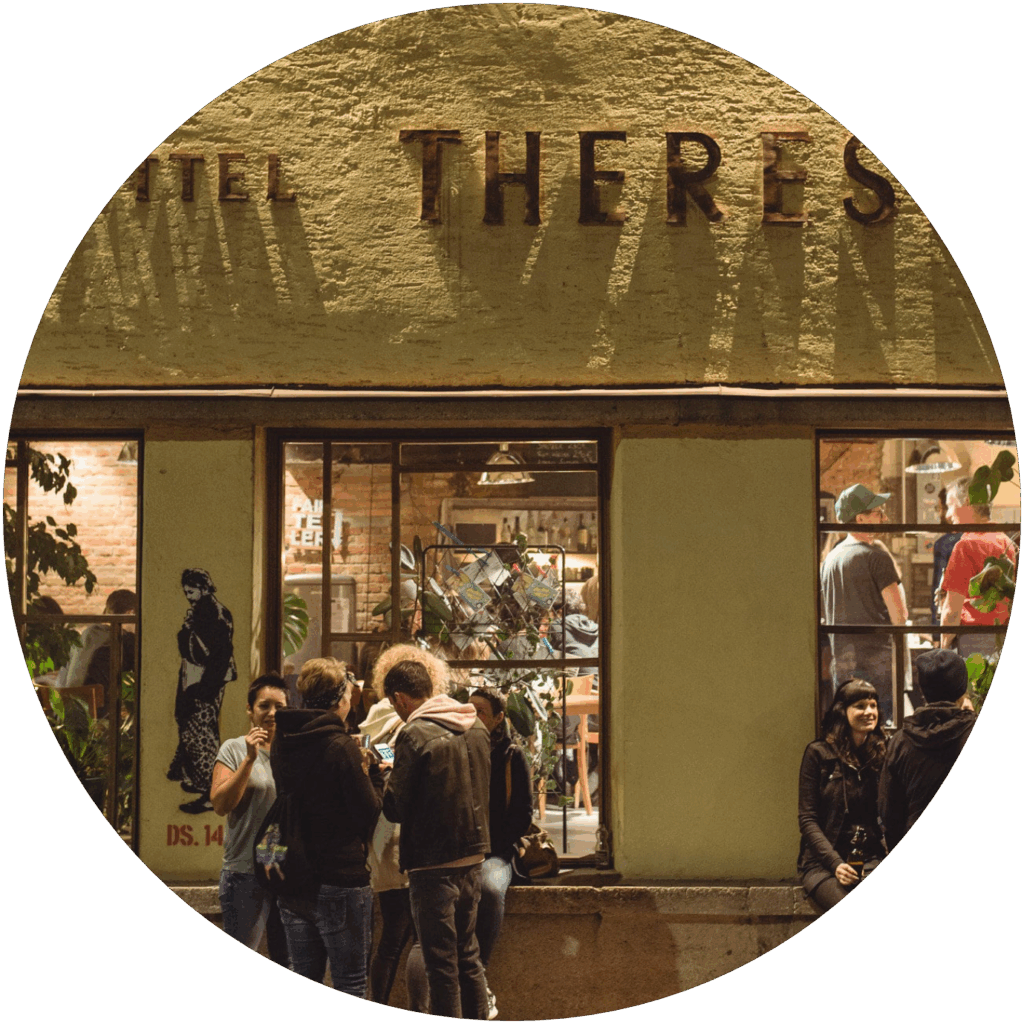
How will you make it happen?
We are working closely with Gemeinwohlenergie, a citizen energy community with robust legal, governance, and technical expertise. This collaboration provides a trusted framework for implementation. We also apply Art of Hosting practices to engage diverse voices early on, build trust, and foster shared ownership. Cultural formats — including storytelling, performances, and events — are key tools for making the energy transition visible, accessible, and emotionally resonant for all involved.
Who are your allies in all this?
Our primary partners are Innsbrucker Kommunalbetriebe (IKB), the City of Innsbruck, and Gemeinwohlenergie. Regionally, we work with Energieagentur Tirol and Austria’s climate and energy funds, including the national coordination unit for energy communities. Locally, the surrounding neighbourhood — including the nearby school, shopping centre, and residential housing — is a vital stakeholder in the success of the energy community.
What kind of change do you want to see?
This project is about turning neighbours into collaborators. The REC will create new connections and reframe energy as a shared, civic issue — not just a commodity. It encourages participation, awareness, and co-ownership. Our partnership with IKB and the city has the potential to expand: public buildings like schools could become future energy hubs across Innsbruck.
And finally — your motto for Co-PED?
“What do culture, energy and bread (from a bakery) have in common? They’re all best when enjoyed together.”
sharing is caring! share this with others:
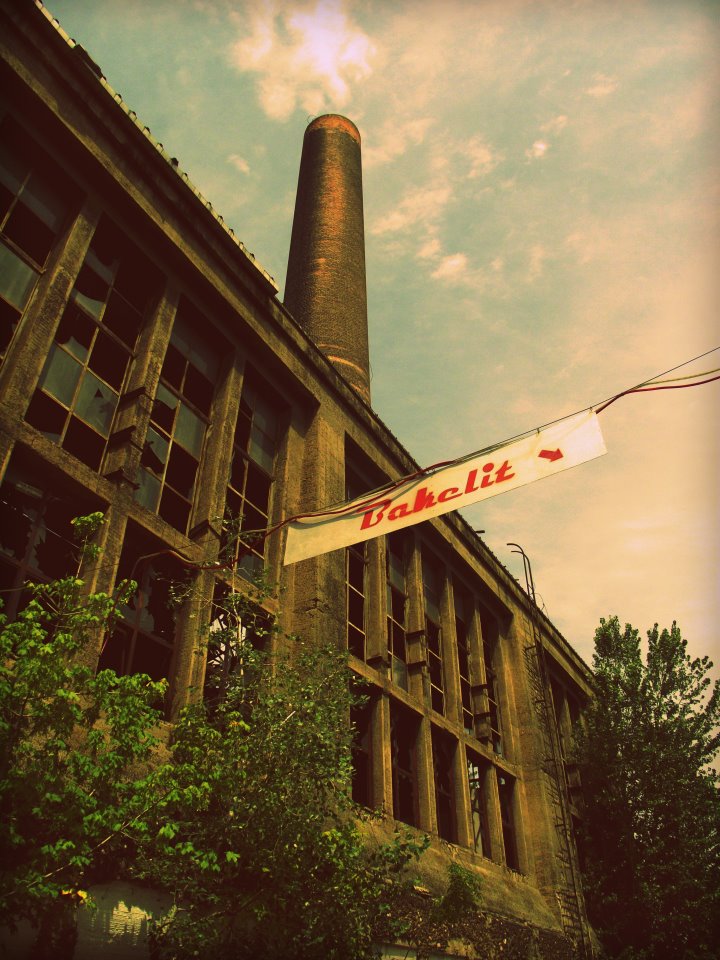
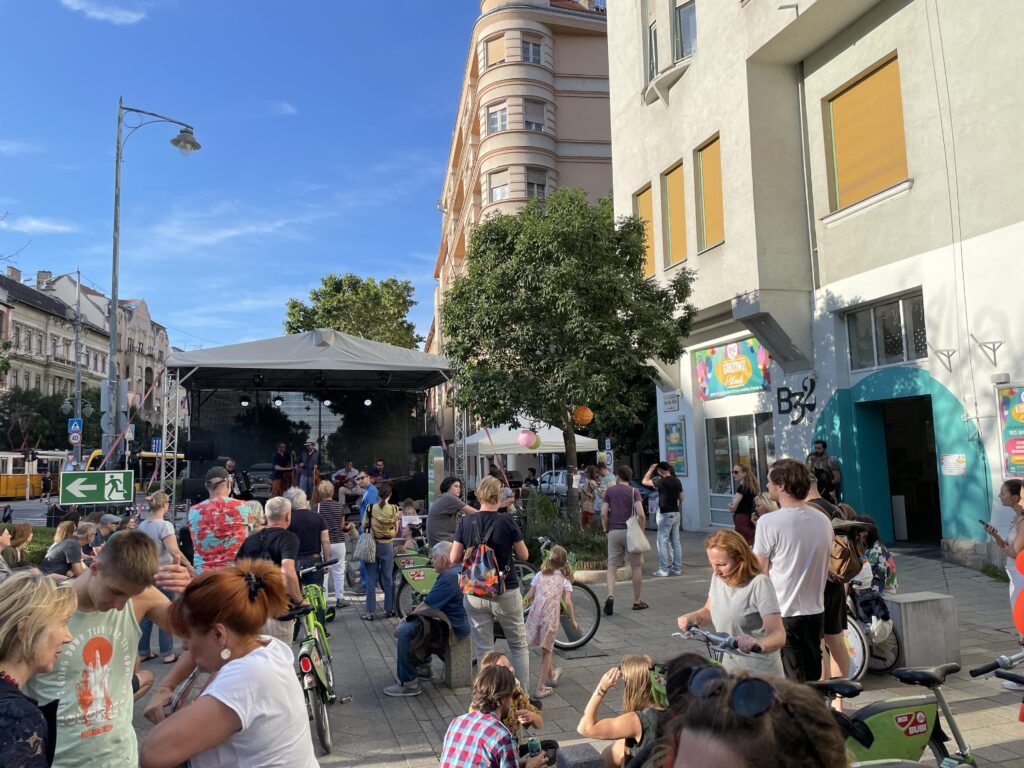
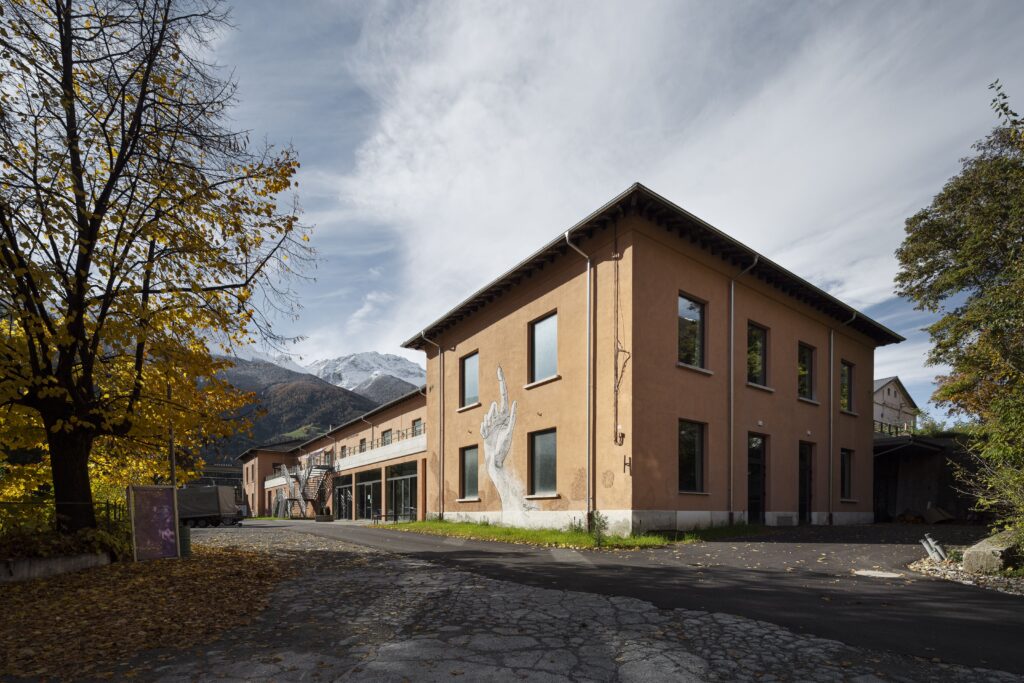
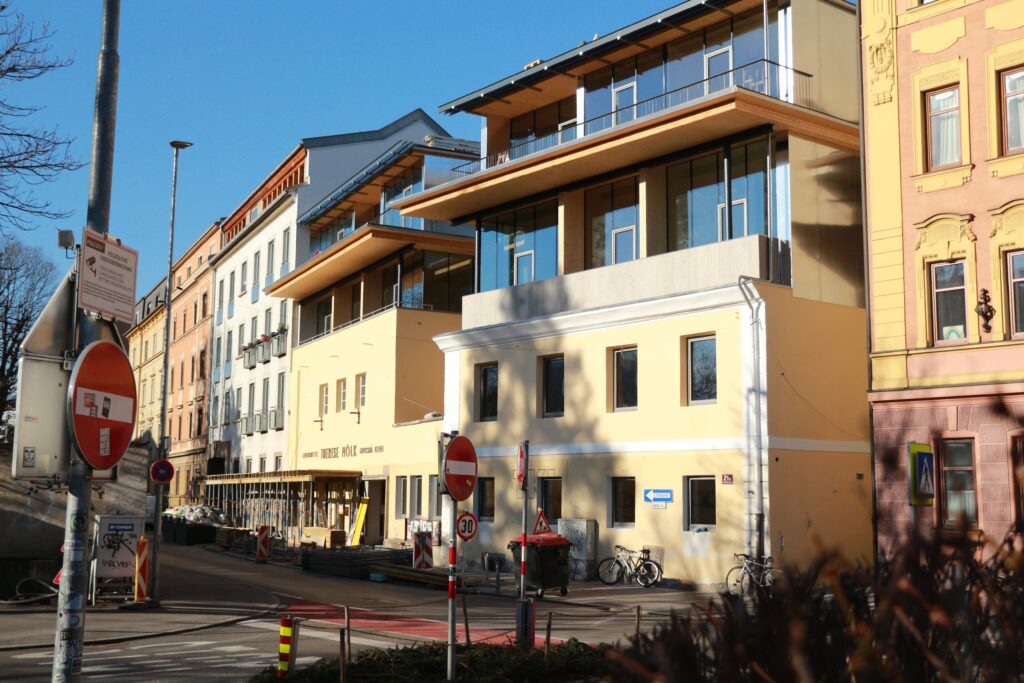
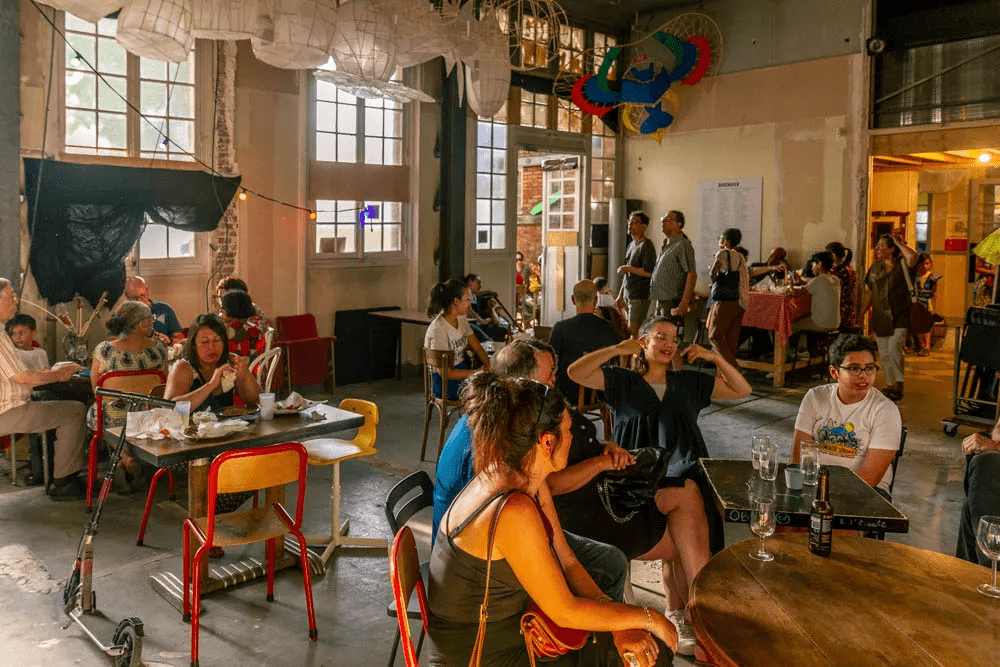
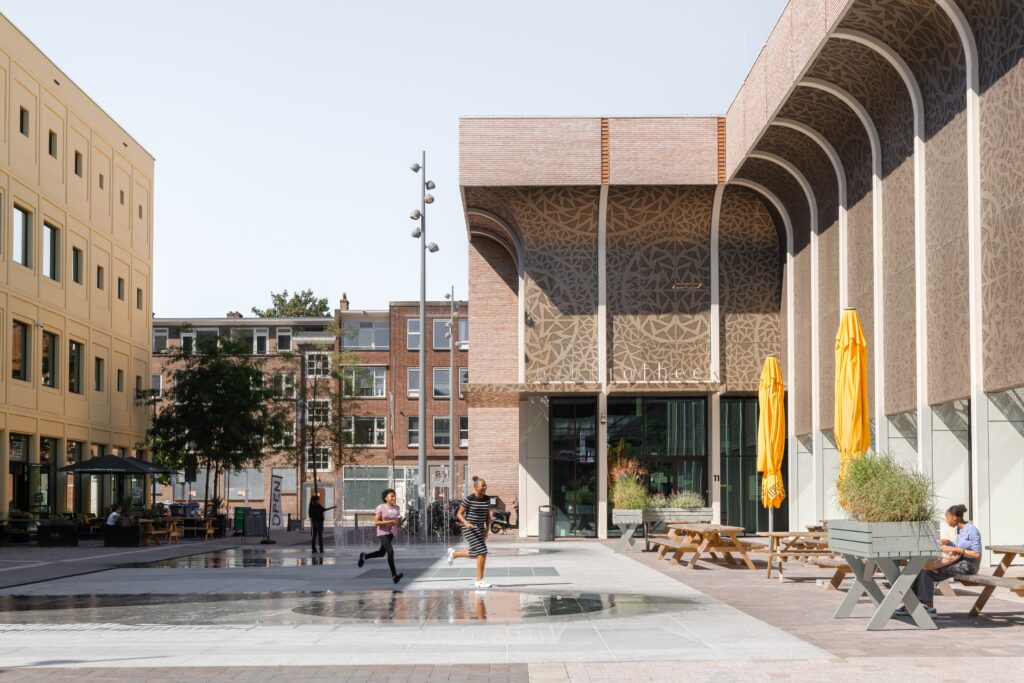
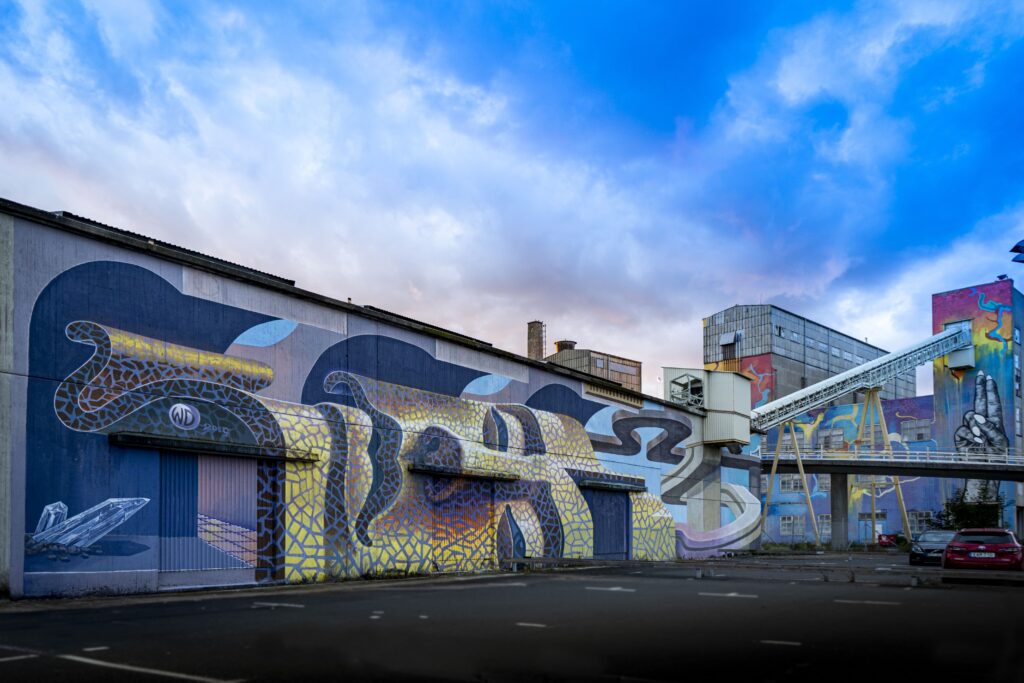
Co-PED investigates the potential of social and cultural centers as catalysts for positive energy districts, nurturing a just energy transition that includes local communities.
Co-PED aims to promote inclusive and equitable participation in energy and cultural initiatives, positioning community-led cultural spaces as laboratories for just and equitable Positive Energy Districts. Our Gender, Diversity and Inclusion Policy sets out the principles behind this commitment.
Transfer and dissemination formats tailored to various stakeholder groups including policy roundtables.
Community of practice, supporting the practical implementation of the project outcomes.
Policy Briefs at the intersection of cultural, real estate, urban development, and energy policies.
Strategic Guidelines for municipalities on the implementation of energy communities.
Capacity Building and Training Program for policymakers and civil society, promoting energy justice.
Structuring Study for a European cooperative company, including articles of association and relevant legislation.